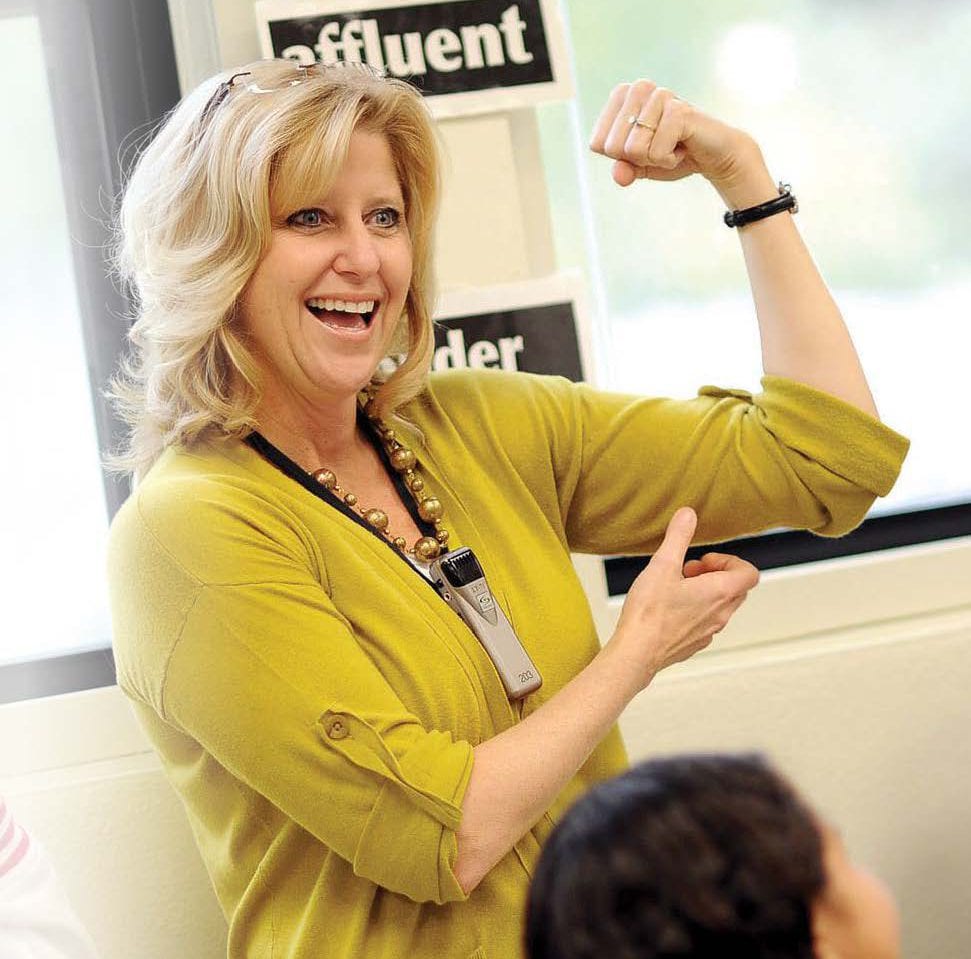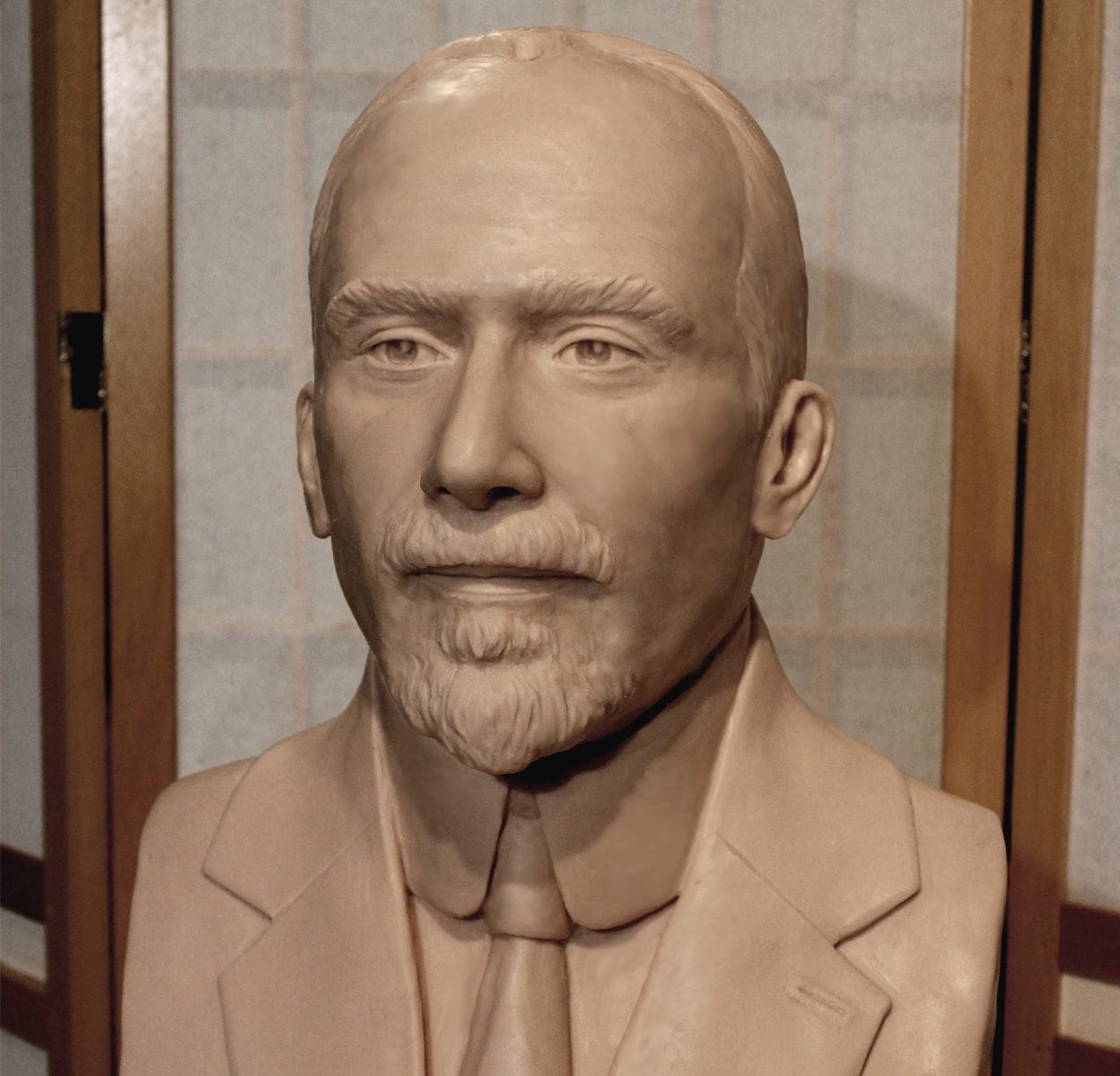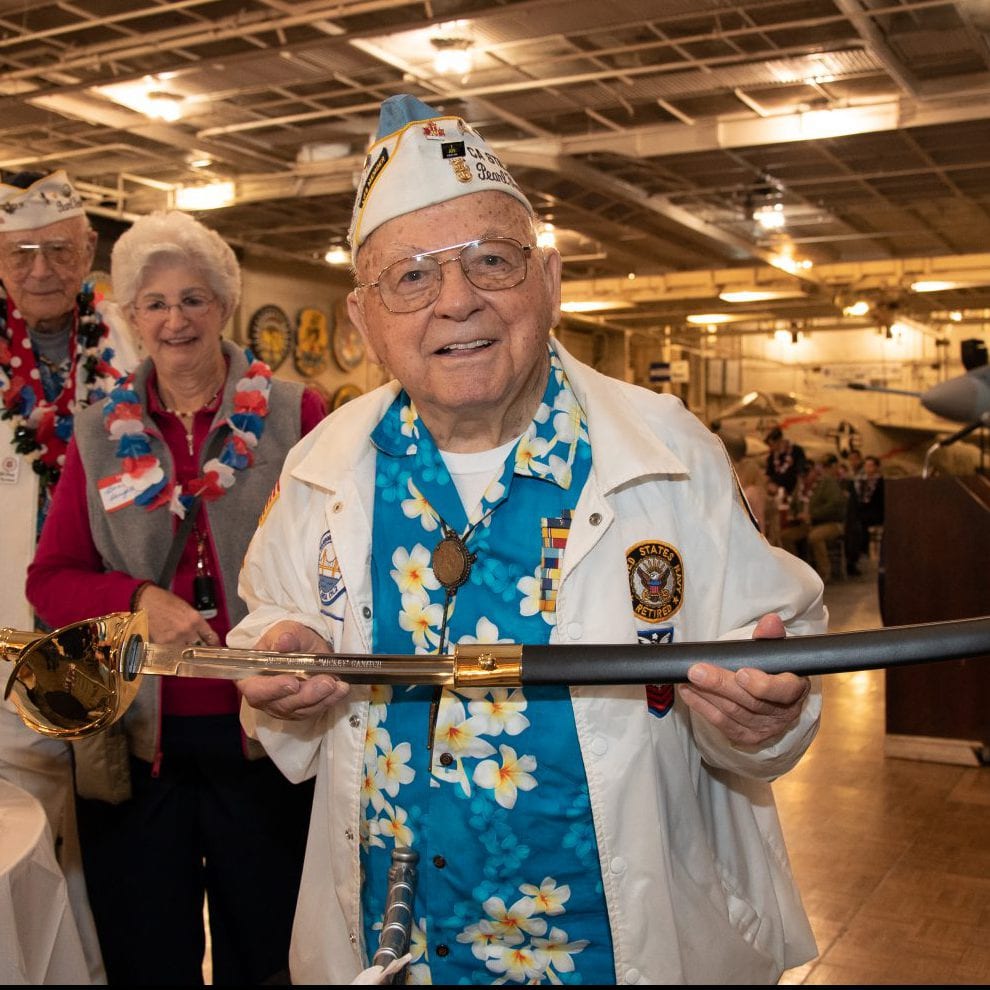
Teacher Knows Best
Former national Teacher of the Year Award winner Rebecca Mieliwocki explains how outside organizations can make a meaningful difference in local schools—no strings attached.
By Laura Benys
Here’s the thing about succeeding at school: It’s complicated. Really, really complicated. Set aside the matters of quality textbooks, safe classrooms, and well-equipped faculty and staff. As a teacher, you’re still presented with a complicated, vulnerable child, wired to learn in their own unique way, pushed and pulled by a million hidden forces.
A learning disability might not be obvious enough to notice, yet still troublesome enough to hold a child back. Emotional issues triggered by stress at home could make it hard to concentrate, or manifest as social problems. A cognitive deficit that’s never been diagnosed might look like a behavioral issue. All these factors overlap and interact with each other, some triggering new challenges, some masking others.
And when California’s six million public-school students show up to class each day, they bring all that with them. To reach their potential and get the education they deserve, many students need help: They need someone who has the time to look carefully at what’s going on inside their heads, plus the expertise to understand and explain how it affects them in the classroom and the resources to tear down obstacles.
In many cases, these kids’ schools—strapped as they are with budget deficits and challenges of their own—can’t do much to help them.
But they know an organization that can.
With locations in San Francisco and Covina, the Masonic Center for Youth and Families (MCYAF) offers therapeutic services for children, adolescents, and young adults ages 4 to 24, as well as their families. These include both Masonic family members and those outside the fraternity. Since it opened 10 years ago as a charitable service of the Masons of California, it’s become a trusted resource for supporting families through complicated emotional, academic, behavioral, and social difficulties.
“Schools can handle kids with moderate challenges in-house, but the most complex issues—the big- picture stuff—comes to us.”
—KIMBERLY RICH
MCYAF EXECUTIVE DIRECTOR
Families find MCYAF through word of mouth, community presentations, pediatricians, and, increasingly, through their schools. Of the approximately 700 young people representing 50 different schools who receive MCYAF services each year, the majority are public-school students. Those schools are, increasingly, driving students toward the ser-vice. “Schools are our biggest referral source,” says Kimberly Rich, MCYAF executive director. “Our name is recognized in this field. Schools can handle kids with moderate challenges in-house, but the most complex issues—the big-picture stuff—comes to us.”
MCYAF’s learning specialists look closely at a child’s cognitive, emotional, neuropsychological, and learning ability and consider environmental and developmental factors that may be holding them back. Then they create an individualized learning plan and sit with parents at meetings with educators to make sure it’s being implemented.
“To hear that something’s wrong with your child can be very emotional,” Rich says. “By sitting beside parents, we give them power. We offer an unbiased, clear understanding of their child’s learning profile and really advocate for that child.”
For example, MCYAF might arrange for a student with attention issues to always have a seat close to the teacher. If a student has a hard time taking notes, they might suggest a dictation service. If a student has executive functioning issues, which make it difficult to plan ahead, MCYAF can advocate for them to submit homework online. That way, they can hit send as soon as the assignment is complete, minimizing lost or forgotten homework.
“In our school system, every kid is allowed to have access to education,” Rich says. “Our team can go with parents to meetings with the school and say, ‘Here is this child’s learning profile, here’s the data to back it up, and here are our professional recommendations to make sure they get everything they’re entitled to and everything they need.’”
MCYAF uses a sliding-scale fee schedule, so their programs are accessible to families at all income levels.
“We’re able to bring these services to folks who otherwise couldn’t access them,” Rich says. “Masons should feel really proud of what we do.”
In addition to individual, family, and group therapies, MCYAF also leads year-round workshops for schools and communities. They’re known for anti-bullying presentations for students and recently led a student workshop about stress management. In the fall, about 100 public-school teachers in the Southern California city of Alhambra attended a workshop on self-care; in a Northern California version, parents and teachers learned how to support students with attention and learning difficulties. In addition to serving an important need for school communities, these efforts spread awareness about MCYAF, so schools and families know that affordable support is available.
That’s important for Masons to know, too, Rich says. “No Mason is ever turned away based on ability to pay. Anybody in a Mason’s family can come in and get these benefits.”
“MCYAF is here,” she says, “for your kids, your grandkids, your nieces, your nephews.”
PHOTOS BY
Alamy

Former national Teacher of the Year Award winner Rebecca Mieliwocki explains how outside organizations can make a meaningful difference in local schools—no strings attached.


The 50-year Mason, Pearl Harbor survivor, and centenarian looks back on a life particularly well lived.